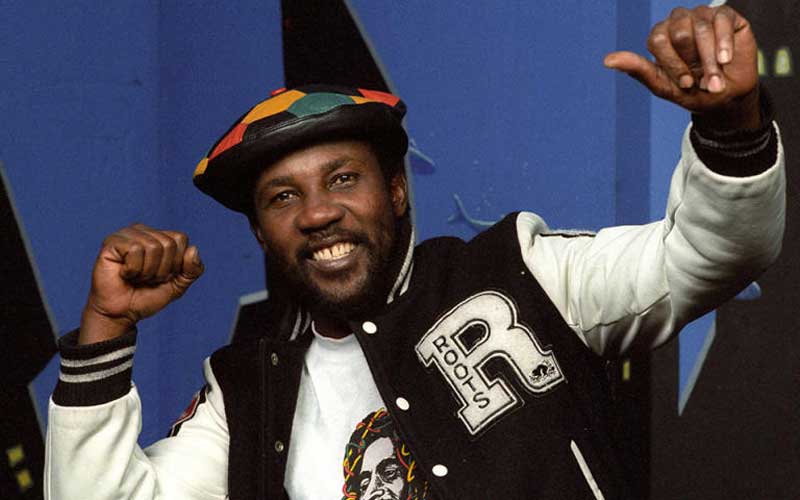×
The Standard e-Paper
Join Thousands Daily

Toots Hibbert, lead singer of the reggae group Toots and the May died on September 11. [File]
In the Kenyan dancehalls and discotheques in the 80s and 90s, one song (or versions of it) ruled.